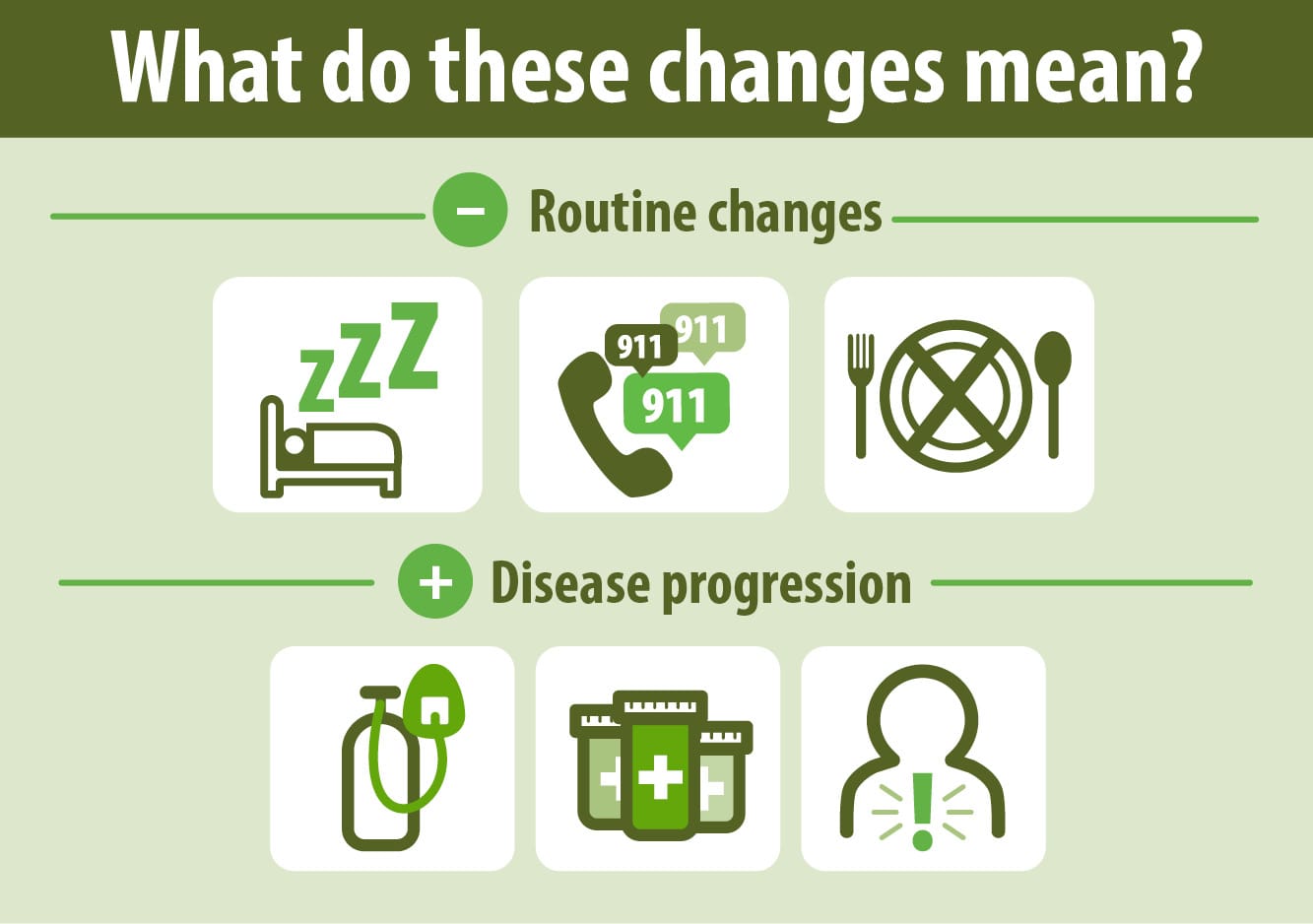How to Care for Senior Feet
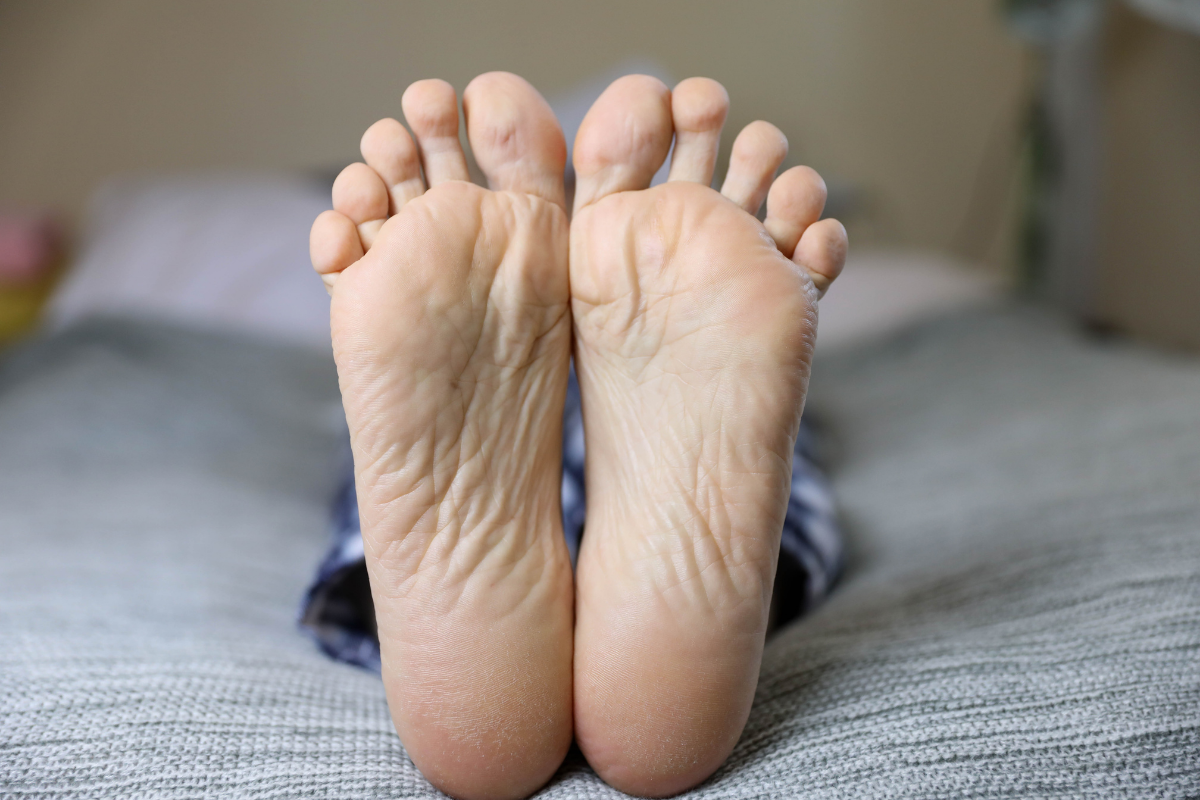
As we age, it becomes extra important to take good care of our feet. This is easier said than done for many seniors.
Years of working on their feet or cramming them into improper footwear can lead to lifelong foot damage. Poor circulation, certain medications, and chronic illnesses like gout, diabetes, and heart disease create additional foot problems. All this plus reduced mobility and vision makes even trimming toenails a daunting task.
This makes it essential for family caregivers to keep a close eye on their loved one’s feet to ensure proper senior foot care.
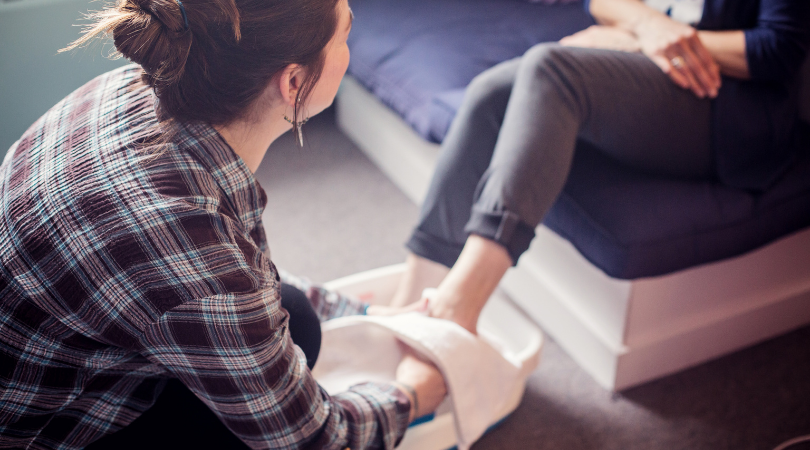
How to Care for Senior Feet
If your loved one is unable to care for their own feet, family caregivers should make it a part of their regular routine to inspect feet and nails. A mild soap should be used to wash their feet before drying them thoroughly and smoothing on lotion to prevent dry skin. Toenails should be trimmed regularly.
When trimming toenails, do it after a bath, shower, or foot soak so the toenails are softened. Sanitize nail clippers with rubbing alcohol or by boiling them and wash your hands before you begin. Trim nails straight across. Wash hands after you finish the nail trim. Do not cut calluses on the nail bed or feet.
In addition to a regular cleaning ritual, your loved one should wear clean cotton socks with properly fitted shoes. When seated, they should elevate their feet with a cushion or footstool to prevent fluid buildup. If possible, your loved one should try to slowly and safely increase their physical activity levels to help promote good circulation in their feet and legs.
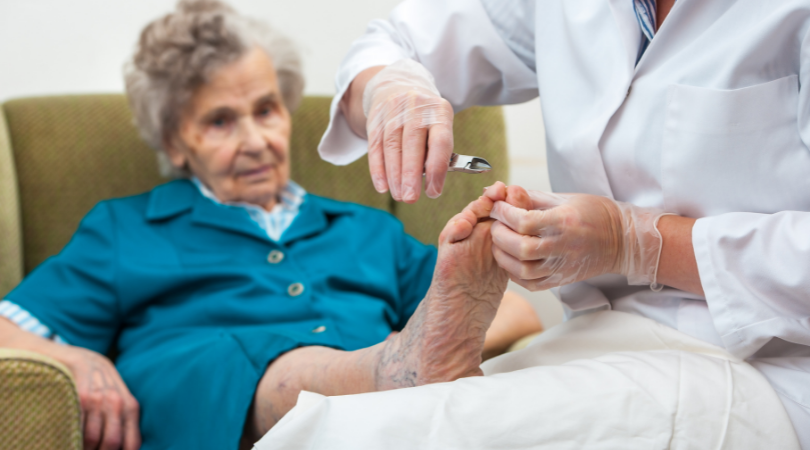
When to Get Extra Help for Senior Feet
When taking care of a senior’s feet, you may come across signs and symptoms that suggest more serious foot issues. Contact your loved one’s primary care physician or a podiatrist if you spot any of the following warning signs:
- In-grown toenails
- Brittle or discolored toenails
- Tingling or burning in the feet
- Cold, numb, or discolored feet
- Pain in the feet or ankles
- Blisters
- Cracked skin
- Sores or wounds
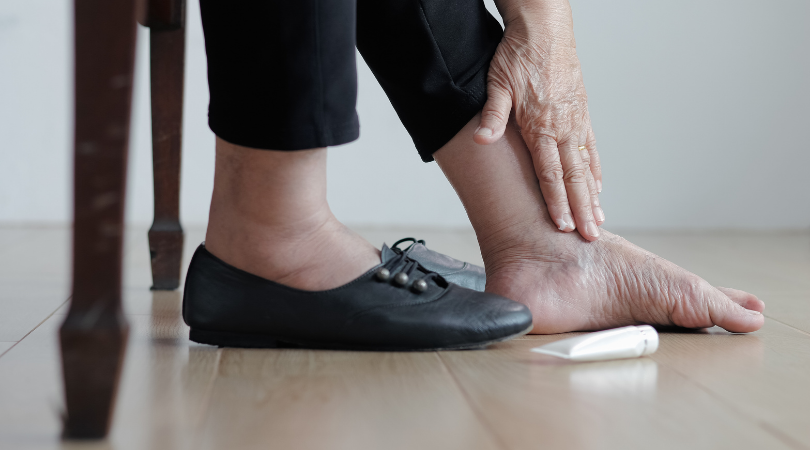
Diabetes and Senior Foot Care
When caring for a senior with diabetes, it is even more important to ensure proper senior foot care. Diabetic neuropathy damages nerves in the feet, reducing feeling and making it harder for your loved one to notice small injuries. Left untreated, these undetected minor injuries can lead to serious infections and gangrene, and may even result in a need for amputation.
In addition to the main foot care tips above, it is important that a diabetic’s feet be checked every day for any small issue or injury. Feet should be washed daily, and your loved one should always wear socks and shoes – even if they don’t leave the house.
Crossroads Hospice & Palliative Care supports patients and families facing serious chronic and terminal illness. To learn more about our services, please call 1-888-564-3405.
If you found this information helpful, please share it with your network and community.
Copyright © 2022 Crossroads Hospice. All rights reserved.


